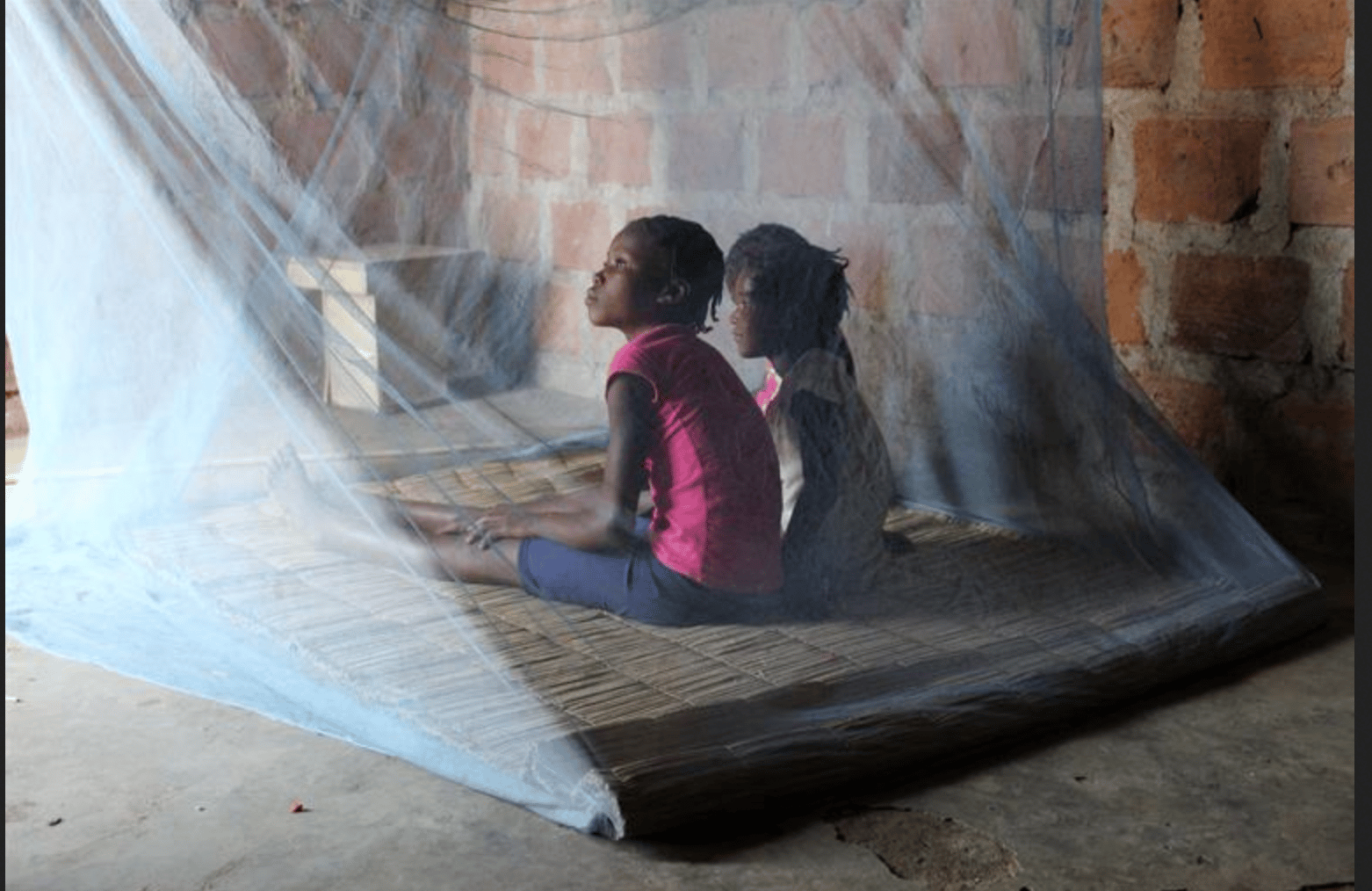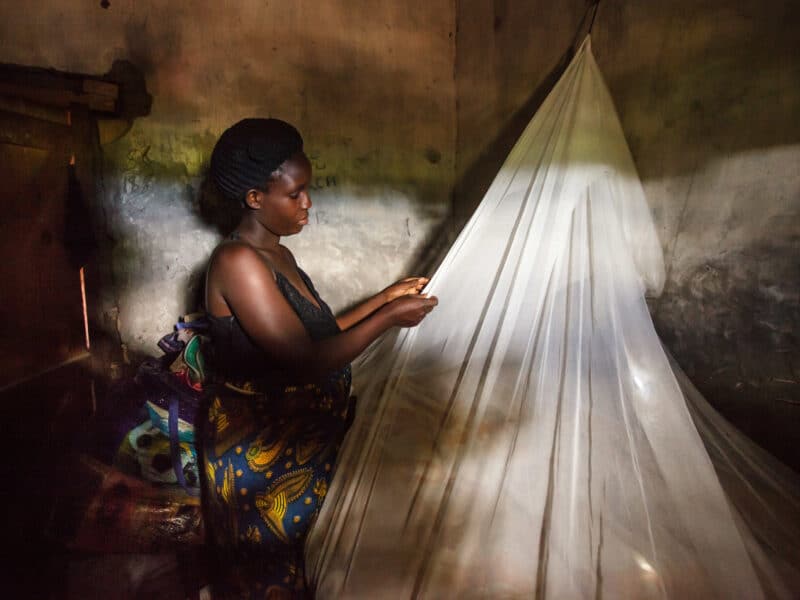The latest World Malaria Report, published in December, shows a devastating toll, with an estimated 627,000 people dying from the disease in 2020, an increase of 12 percent over the year before.
In a Malaria Journal commentary about the future of malaria control, led by the Johns Hopkins Center for Communication Programs, the authors note that “the global malaria community is at an inflection point; progress has leveled off and multiple threats confront countries already hardest hit by the disease. A shift in mindset is urgently needed.”
The paper includes condensed insights from a virtual discussion held soon after the report’s release with leading malaria experts from the World Health Organization, the President’s Malaria Initiative, and the Bill & Melinda Gates Foundation.
“We are not moving uniformly in the right direction,” says CCP’s April Monroe, first author of the new commentary published May 27. “We have known for years that our progress is leveling off and we can’t keep doing the same things and expect different results.”
The authors note a range of challenges from drug and insecticide resistance to difficulties preventing severe disease and death in the most remote areas to fragile and insufficient funding. These must be addressed to sustain progress.
The latest malaria report will help policymakers and community leaders better understand the extent of the problem that faces their countries.
“Unlike in previous reports, this latest malaria report used a new way of calculating deaths attributable to childhood illnesses, thereby assigning a much higher percentage to malaria than in previous years,” Monroe says. “This means the numbers are higher but also more accurate.”
In the revised approach, the proportion of childhood deaths attributable to malaria was 7.8 percent, up from previous estimates of 4.8 percent (children under 5 are at the greatest risk for becoming ill). The revised approach revealed that there had been a higher number of estimated deaths between 2000 and 2020 than previously recognized. The revisions also suggest that a higher number of cases (totaling 1.7 billion) and deaths (10.6 million) had been averted in the same period.
Beyond the methodological change, there were 69,000 extra deaths reported in 2020 relative to 2019, two-thirds of which were attributed to COVID-related disruptions from mosquito net distribution to delays in testing and treatment, according to the report.
The report also noted that just 11 countries account for 70 percent of the malaria disease burden today, with 47 countries reporting under 10,000 cases a year.
Monroe says that the malaria community has become siloed and echoed sentiments shared during the expert discussion: “We need to be more open-minded,” she says. “We need to be problem solvers.”
Monroe and her colleagues highlight several opportunities to positively shape the future of malaria control. The COVID-19 pandemic has shown the world how much resource mobilization can be accomplished when a disease is viewed as a global threat, Monroe says.
At the same time, there are new tools available or in the pipeline, including the RTS,S malaria vaccine which was approved for widespread use in 2021.
Most importantly, there is an opportunity to move toward country-led, unified visions and funding strategies, Monroe says. This includes ensuring evidence-based decisions and basing those decisions on what is needed in each individual context.
“We need to break those attitudes, the lack of empowerment to countries, that lack of evidence-based decision making – only then will we be able to make progress,” said Pedro Alonso, director of the Global Malaria Programme (GMP) at WHO.
“Reflections on the 2021 World Malaria Report and the future of malaria control” was written by April Monroe, Nana Aba Williams, Sheila Ogoma, Corinne Karema and Fredros Okumu.





